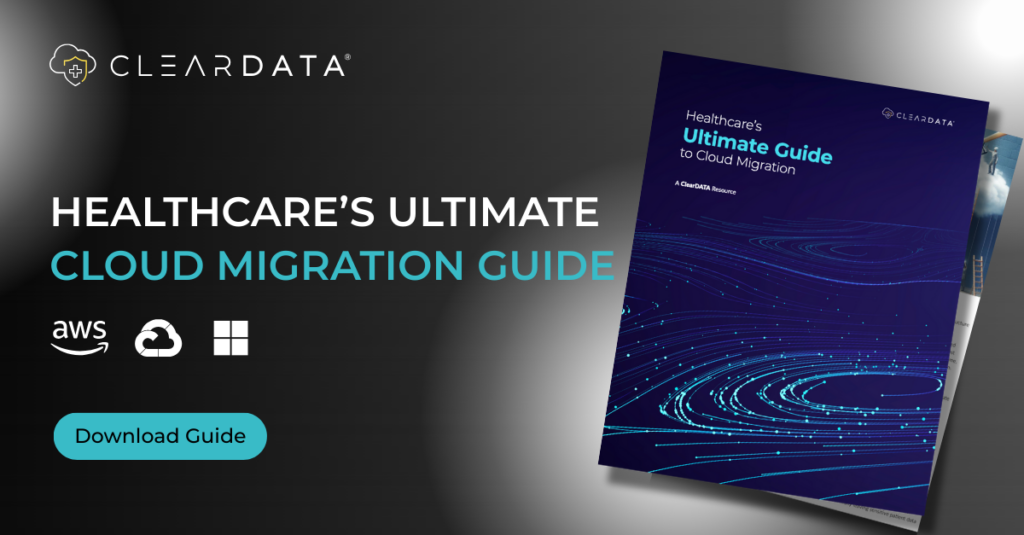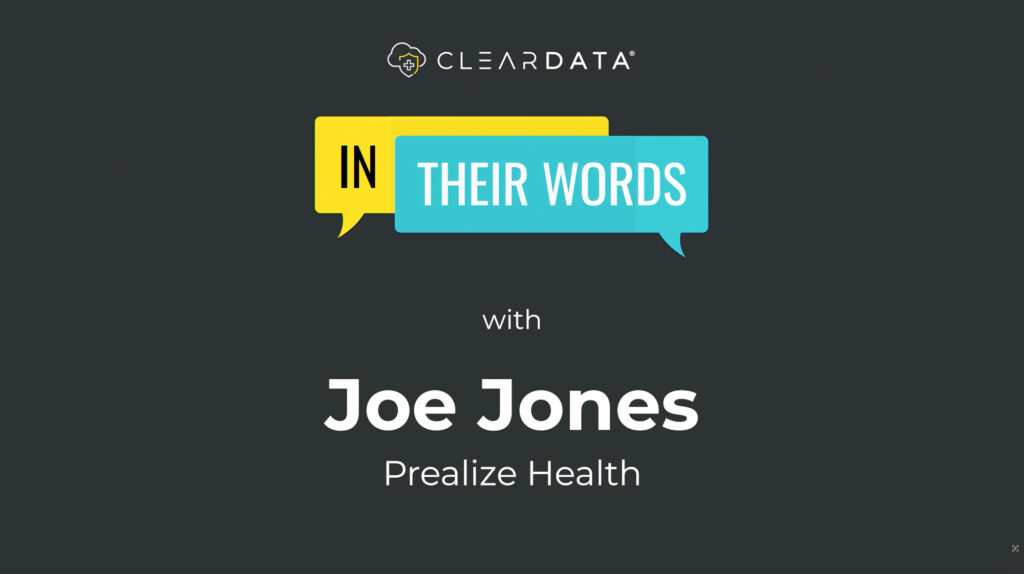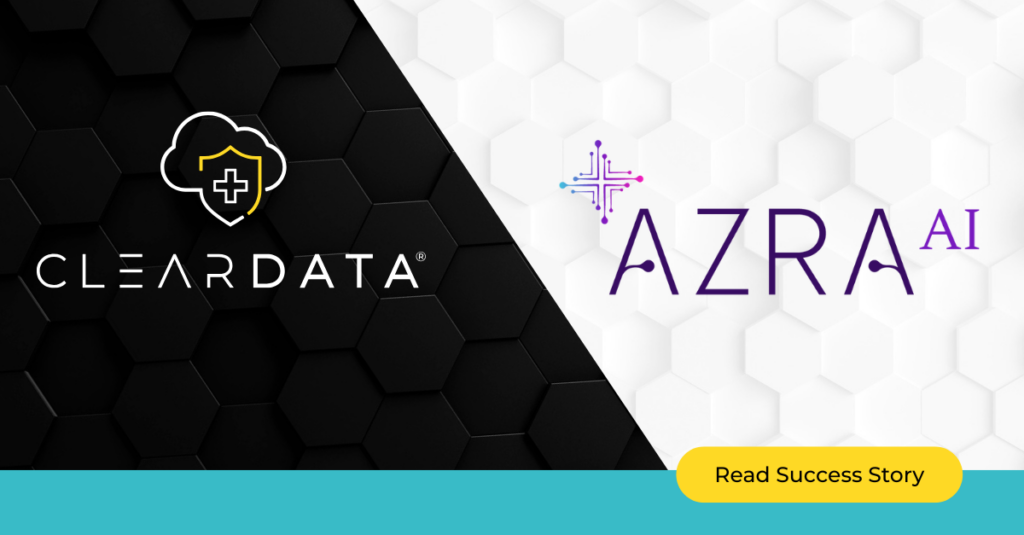While at HIMSS18, I had the chance to meet up with several innovators in healthcare to capture some conversations for airing on HealthcareNOW Radio, and my podcast series CTO Talk where you can stream episodes on demand.One of these conversations involved the team from Roche Diagnostics. For anybody who has not had the opportunity to know these folks, Roche’s Diagnostics Information Solutions’ NAVIFY™ Tumor Board is a ground-breaking announcement for healthcare. It’s enabling personalized cancer care from collaborative care teams in an inspiring silo-busting example we can all learn from.
The reality is this: the days when clinicians could make decisions without the assistance of software are simply behind us. We live in a software-capable world driving clinical decisions. But that’s not going to improve patient care if all of these data live in disparate silos. The massive amounts of new data and information we are generating can inundate doctors and care teams; and can also present challenges with necessary scaling and agility. We have to find a way to securely collect, normalize, aggregate and act on these data in a holistic view of the patient. And, we have to do that quickly and within increasingly tight regulatory frameworks.
In this podcast, I speak with Raj Harapanahalli, Head of the Software Center of Excellence, and Vikram Mohan, Sr. Director of Product Management. They share some interesting insights on how that need for agility drove their decision to move their NAVIFY™ Tumor Board solution to the cloud. As they say, “Moving to the cloud wasn’t a technology decision for us, it was a strategic one.” In my conversations, I see the number two reason (behind security) that people are moving to the cloud is to be able to silo bust data in a scalable and sustainable way, so they can be agile, and make the most of the insights and meaning in the data.
As Raj points out in this podcast, the time it takes to bring a project to market on the biotech or pharma side is about ten years. It drops to three-to-five years when we move into diagnostics. With software we can move much faster than that, and be agile in a highly-regulated environment. Give a listen as he and Vikram share insights from the development and deployment process of the NAVIFY™ Tumor Board solution:
They helped me and anyone listening to the podcast learn how they found a way to capture the most relevant pieces of information needed by a multidisciplinary oncology care team, enabling them to have the most meaningful conversations, all so they could drive personalized care decisions and act quickly on information within a standardized workflow.
It sounds like it’s about technology, but that’s just the vehicle. It’s about people. It’s about patients, each unique, who need complex care quickly. We’ve all been touched by cancer, either personally or through someone we love. We understand that what each cancer patient needs most is time and relevant information delivered to an expert team of care givers. The folks at Roche have brought forward a digital solution that’s doing just that.


